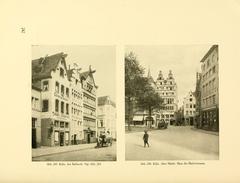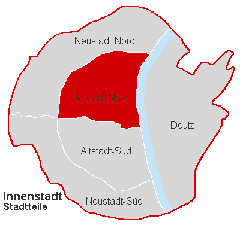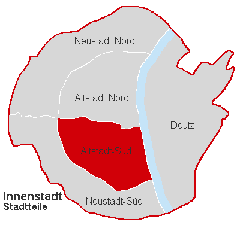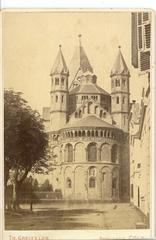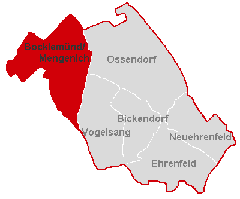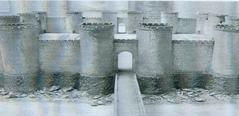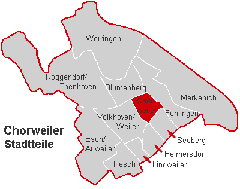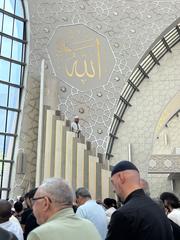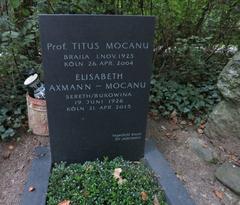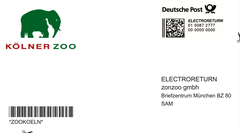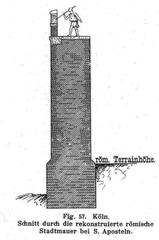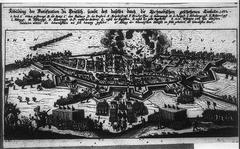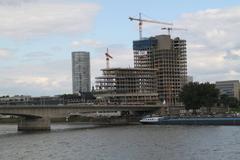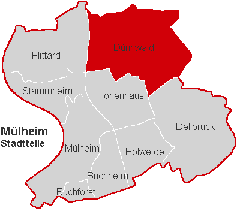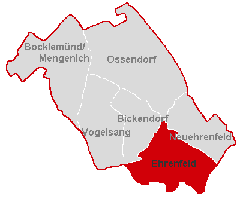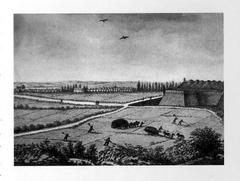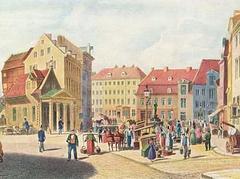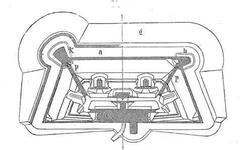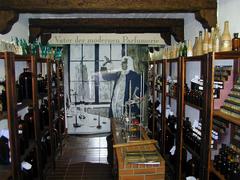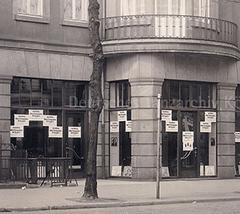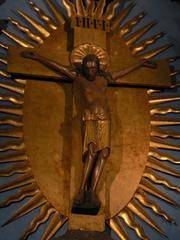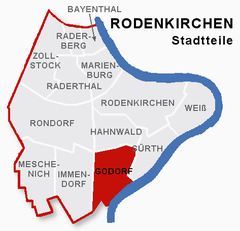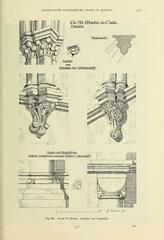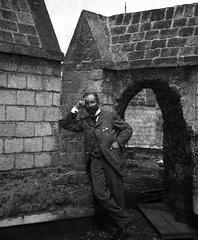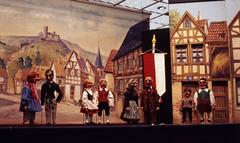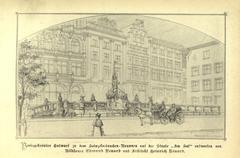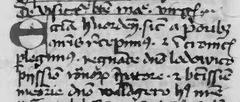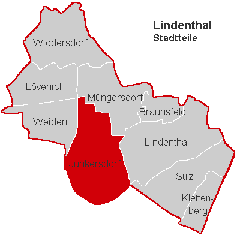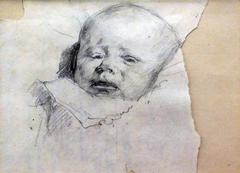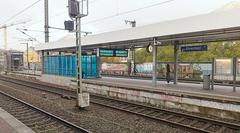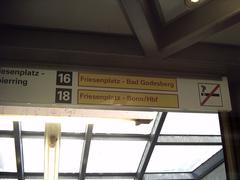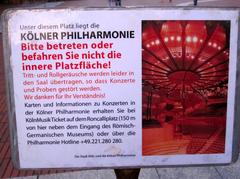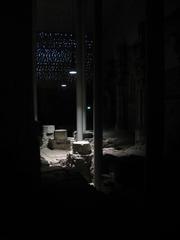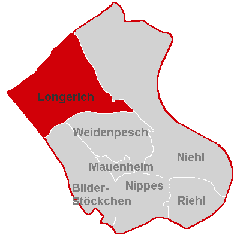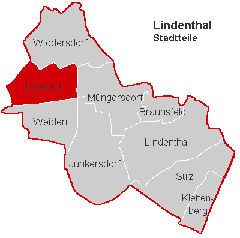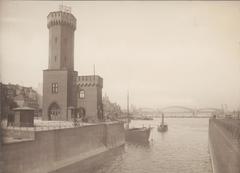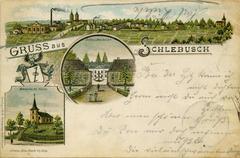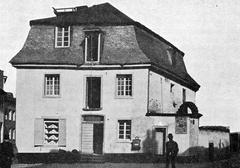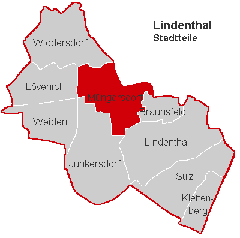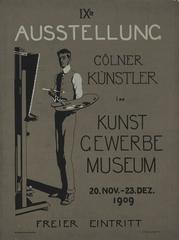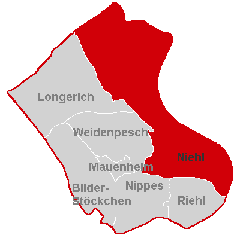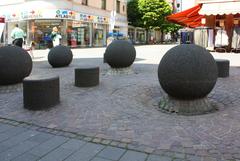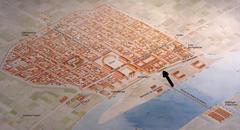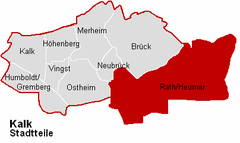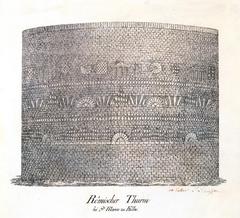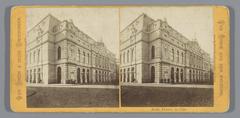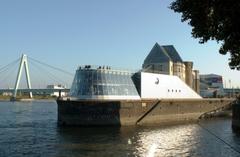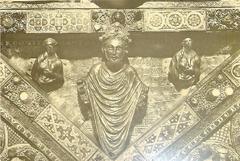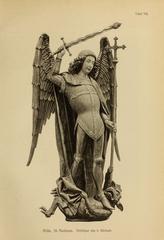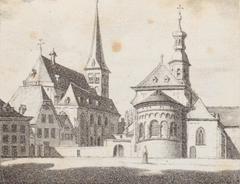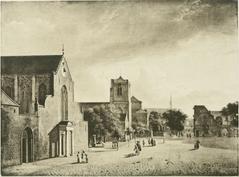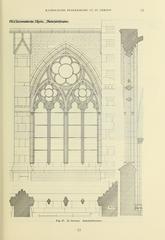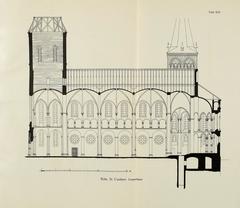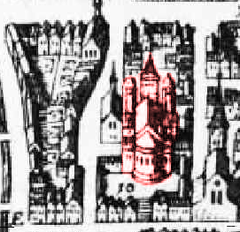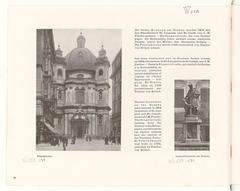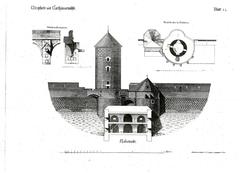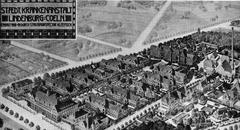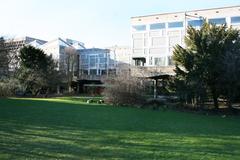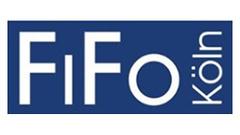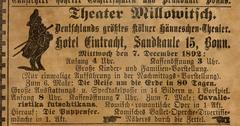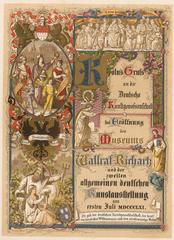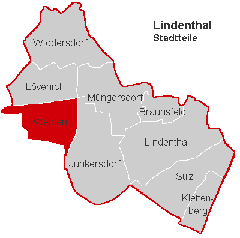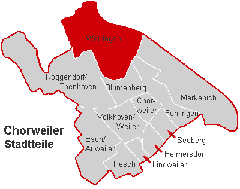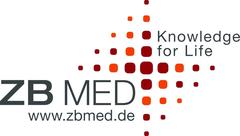
Rhenish Picture Archive: Visiting Hours, Tickets, and Cologne Historical Sites Guide
Date: 03/07/2025
Introduction
Located in the vibrant city of Cologne, Germany, the Rhenish Picture Archive (Rheinisches Bildarchiv, RBA) is one of Europe’s leading photographic archives. Since its founding in 1926, the RBA has been dedicated to preserving the Rhineland’s cultural, architectural, and social history through millions of photographic records. Today, it serves historians, researchers, and visitors with an interest in visual heritage, and is housed in a modern, architecturally acclaimed facility within the Historical Archive of the City of Cologne.
This comprehensive guide provides essential details for planning your visit: opening hours, ticketing, accessibility, guided tours, transportation tips, exhibition highlights, and suggestions for exploring nearby cultural attractions. Whether you’re a researcher, a history buff, or a curious traveler, the Rhenish Picture Archive offers a unique gateway to Cologne’s rich past.
(For official visitor information, see Rhenish Picture Archive visitor guide, Historical Archive of Cologne, and Werner Sobek project page.)
Table of Contents
- Introduction
- History and Evolution of the Rhenish Picture Archive
- Integration with the Historical Archive of the City of Cologne
- Architecture and Technical Innovations
- Planning Your Visit
- Collections and Research Services
- Exhibitions and Events
- How to Get There
- Visitor Facilities and Practical Tips
- Nearby Attractions
- Frequently Asked Questions (FAQ)
- Conclusion and Further Resources
- References
History and Evolution of the Rhenish Picture Archive
Established in 1926, the Rhenish Picture Archive was created to systematically document and preserve photographic records of art, architecture, and cultural life across the Rhineland. Over the decades, it has amassed millions of images, ranging from early glass plate negatives to digital photographs, capturing everything from Cologne’s iconic landmarks to everyday scenes.
The archive’s significance lies not only in its comprehensive visual documentation but also in its ongoing collaborations with museums, cultural institutions, and researchers. It is a vital resource for the study and appreciation of the region’s heritage.
Integration with the Historical Archive of the City of Cologne
After the collapse of the original archive building in 2009, the RBA found a new home within the state-of-the-art Historical Archive of the City of Cologne at Eifelwall. Since 2021, both archives have been housed in a purpose-built facility designed by Waechter + Waechter Architekten, ensuring optimal preservation conditions and seamless public access (Architecture Lab).
Architecture and Technical Innovations
The archive building is a landmark of contemporary architecture, featuring a cubic, windowless “treasure house” core for secure storage of sensitive materials. This core is encircled by a transparent, ring-shaped structure containing public areas, workshops, and laboratories. Key architectural highlights include:
- A bronze-clad brise-soleil façade with vertical and horizontal louvres that modulate daylight and reduce heat, supporting both sustainability and preservation.
- Natural materials such as white-oiled Douglas fir wood, creating a warm and inviting interior.
- Green inner courtyards and generous use of natural light in public spaces.
- Barrier-free design for full accessibility.
The building’s energy-efficient features have been recognized with architectural awards, reflecting its commitment to both heritage and sustainability (Werner Sobek project page, Afasia Archzine).
Planning Your Visit
Visiting Hours
As of July 2025, the Rhenish Picture Archive operates Monday to Friday, 9:00 AM to 6:00 PM. The archive and reading rooms are closed on weekends and public holidays. Opening hours may occasionally vary due to special events—check the official website for the latest updates.
Tickets and Admission
- General Admission: Free access to public exhibition spaces and reading rooms.
- Special Exhibitions and Guided Tours: Some may require advance booking and a nominal fee.
- Group Visits: Recommended to arrange in advance via the archive’s website or by contacting staff.
Guided Tours
Guided tours are available for individuals and groups, including schools and university seminars. Tours cover the archive’s history, collections, and architectural features. Behind-the-scenes access, including conservation workshops, may be included depending on availability.
Accessibility
The facility is fully accessible with barrier-free entrances, elevators, and accessible restrooms. Multilingual support (German and English) is standard, with additional languages available upon request.
Collections and Research Services
The RBA holds one of Germany’s most significant photographic collections, focusing on object photography from Cologne’s museums, architectural heritage, and urban development. Its extensive holdings include:
- Early glass plate negatives, film negatives, prints, slides, and digital images.
- Documentation of museum exhibits, public events, and cityscapes.
- Special collections related to Cologne and Xanten cathedral workshops.
Many images are available via the “Kulturelles Erbe Köln” (Cultural Heritage Cologne) online database. Research support, digital reproductions, and photographic commissions are available; some services may incur fees.
Exhibitions and Events
The archive regularly hosts public exhibitions, lectures, and workshops. Rotating displays showcase rare photographs and thematic narratives about Cologne and the Rhineland. Public programs are designed for all ages, with exhibition texts typically in German and English.
For current and upcoming exhibitions, consult the official website.
How to Get There
Address:
Eifelwall 5, 50674 Köln, Germany
Public Transport:
- Tram: Lines 12 and 15 (Eifelwall stop)
- Bus: Several lines serve the area
- Bicycle: Cologne’s extensive bike lanes and nearby racks
- On Foot: Within walking distance from the city center
Parking:
Limited street parking; use public transport or park in nearby garages when possible.
Visitor Facilities and Practical Tips
- Entrance: Barrier-free with ramps and elevators; register at reception.
- Lockers: Available for coats and bags (required for reading and exhibition rooms).
- Wi-Fi: Free throughout public areas.
- Restrooms: Accessible facilities on the ground floor.
- Food & Drink: No café on site; numerous options nearby.
- Photography: Not permitted in reading rooms or exhibitions; allowed in exterior and public areas for personal use.
- Languages: Staff speak German and English; other language assistance upon request.
Nearby Attractions
The Rhenish Picture Archive is ideally situated for exploring Cologne’s cultural highlights:
- Cologne Cathedral (Kölner Dom): UNESCO World Heritage Site
- Museum Ludwig: Modern art museum near the cathedral
- Wallraf-Richartz Museum: Historic and fine arts
- Historic Old Town: Shops, cafés, and traditional breweries
- University of Cologne: Adjacent to the archive
The adjacent green belt offers pleasant walking and cycling routes.
Frequently Asked Questions (FAQ)
Q: Is admission to the Rhenish Picture Archive free?
A: Yes, general admission is free. Special exhibitions and tours may require tickets.
Q: Are guided tours available?
A: Yes, for individuals and groups with advance booking.
Q: Is the archive accessible for people with disabilities?
A: Yes, with barrier-free entrances, elevators, and accessible restrooms.
Q: Can I take photographs?
A: Photography is not permitted in reading rooms or exhibitions but is allowed in public and exterior areas.
Q: How do I access the collections for research?
A: Register at reception or contact the archive in advance; some materials require advance notice.
Conclusion and Further Resources
The Rhenish Picture Archive is a cornerstone of Cologne’s cultural landscape, offering unparalleled access to the region’s visual history in a contemporary, sustainable setting. With free admission, accessible facilities, and a dynamic program of exhibitions and events, the archive appeals to researchers, students, and tourists alike.
For the latest updates on hours, admissions, and events, visit the official website and follow the archive’s social media channels. Enhance your visit by exploring digital collections and downloading cultural apps like Audiala for curated experiences.
High-quality images, virtual tours, and interactive maps are available on the archive’s official site and partner pages.
References
- Rhenish Picture Archive visitor guide
- Werner Sobek project page
- Architecture Lab
- Afasia Archzine
- Licht Kunst Licht
- EAA
- ArchDaily












































